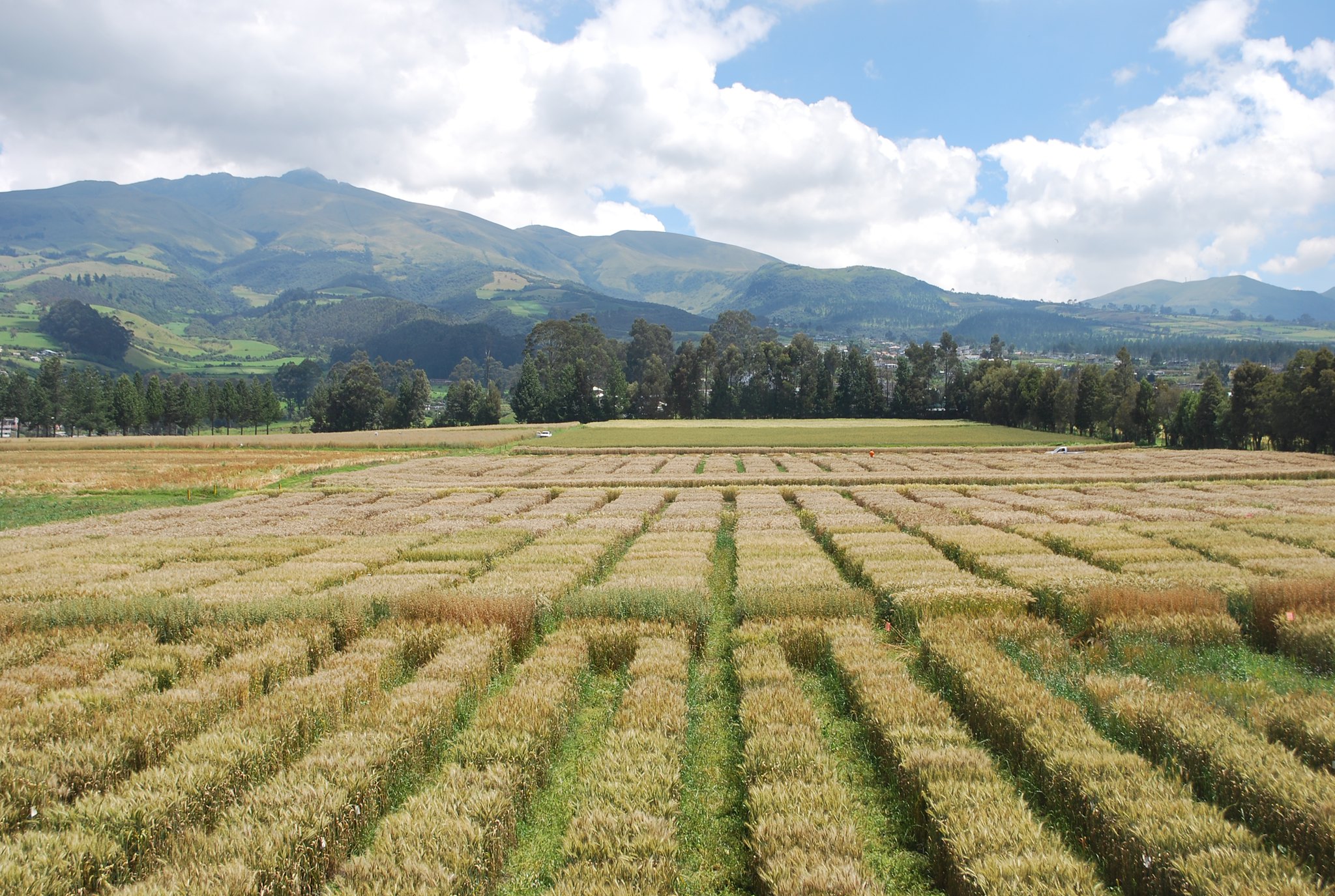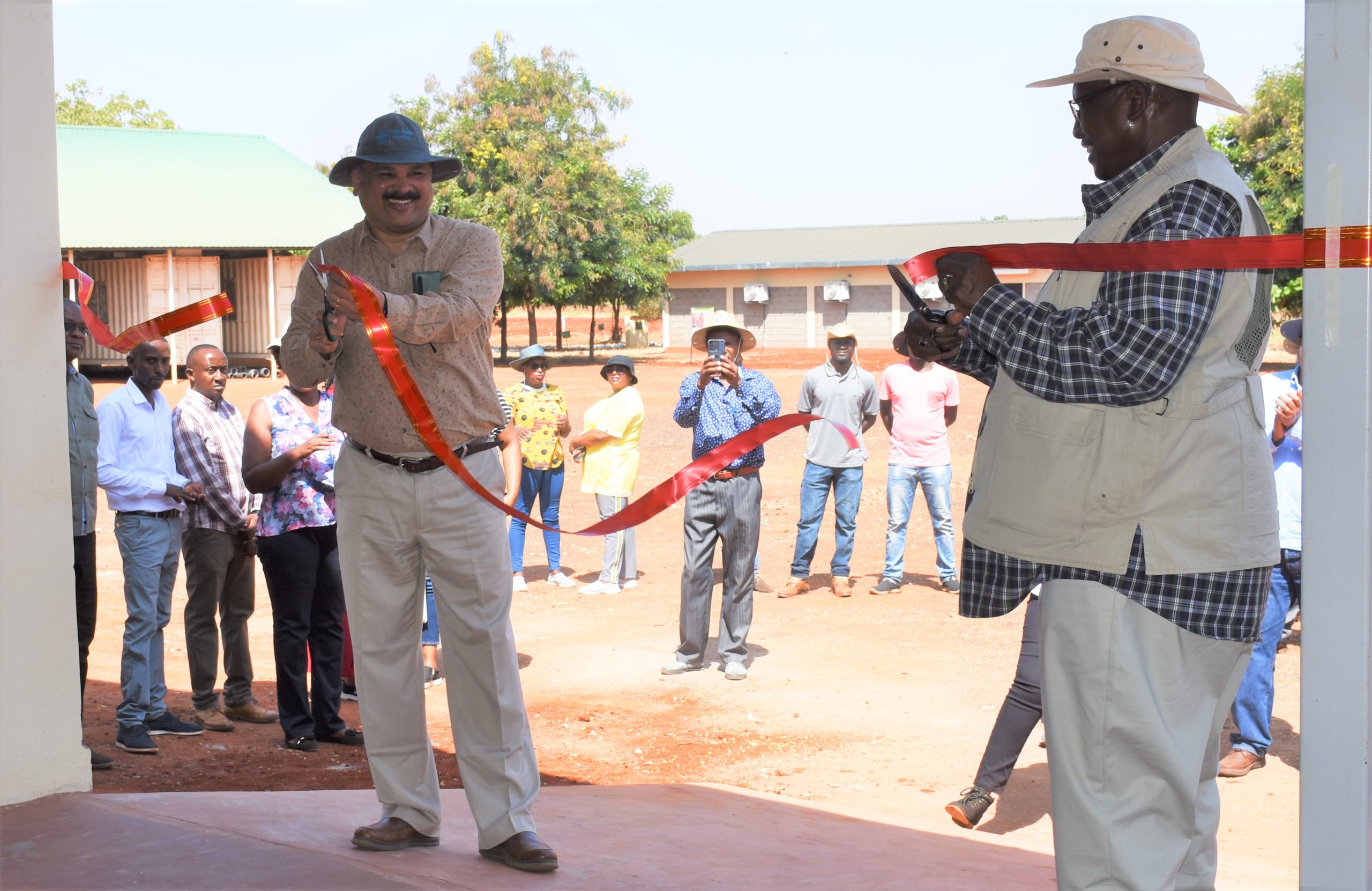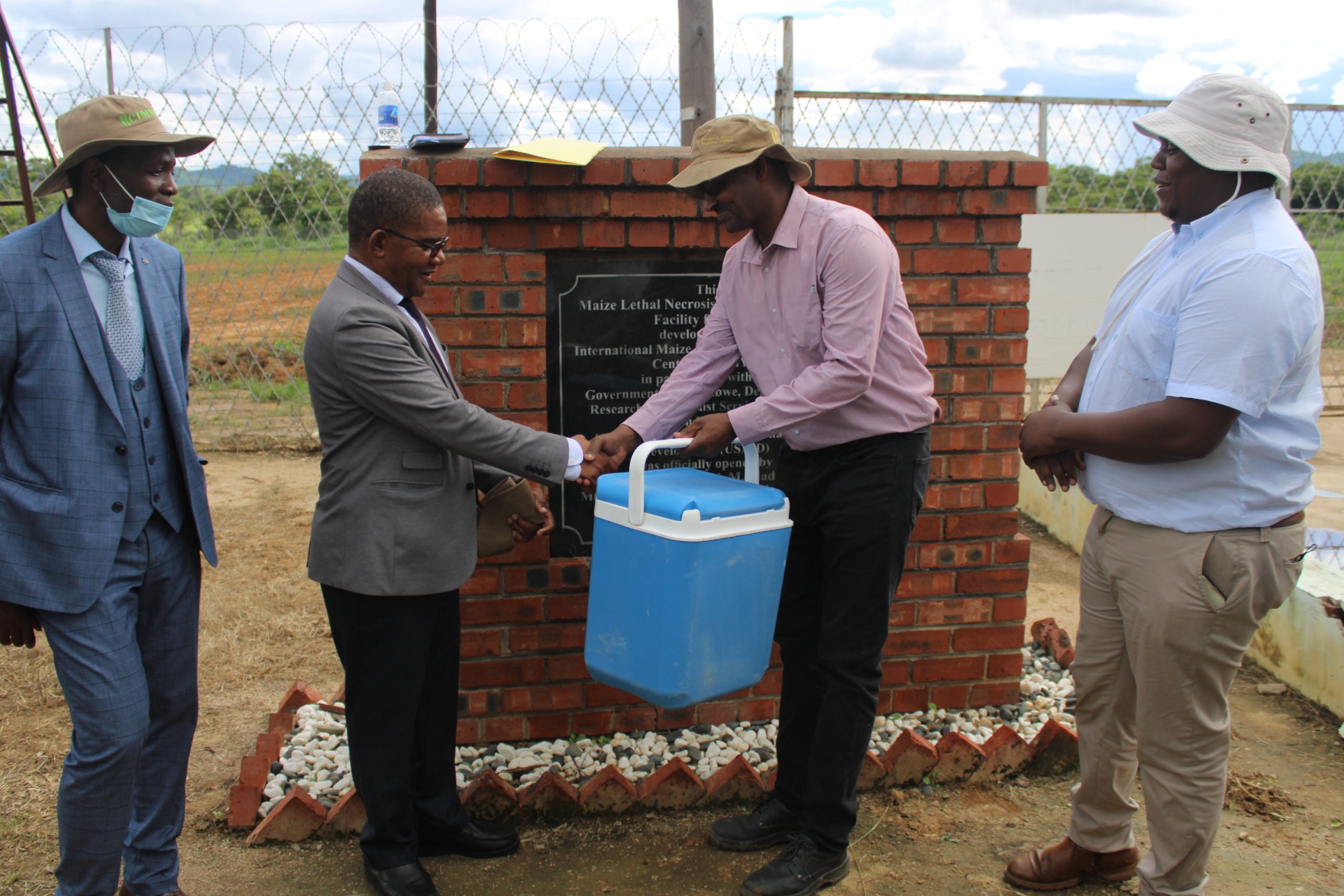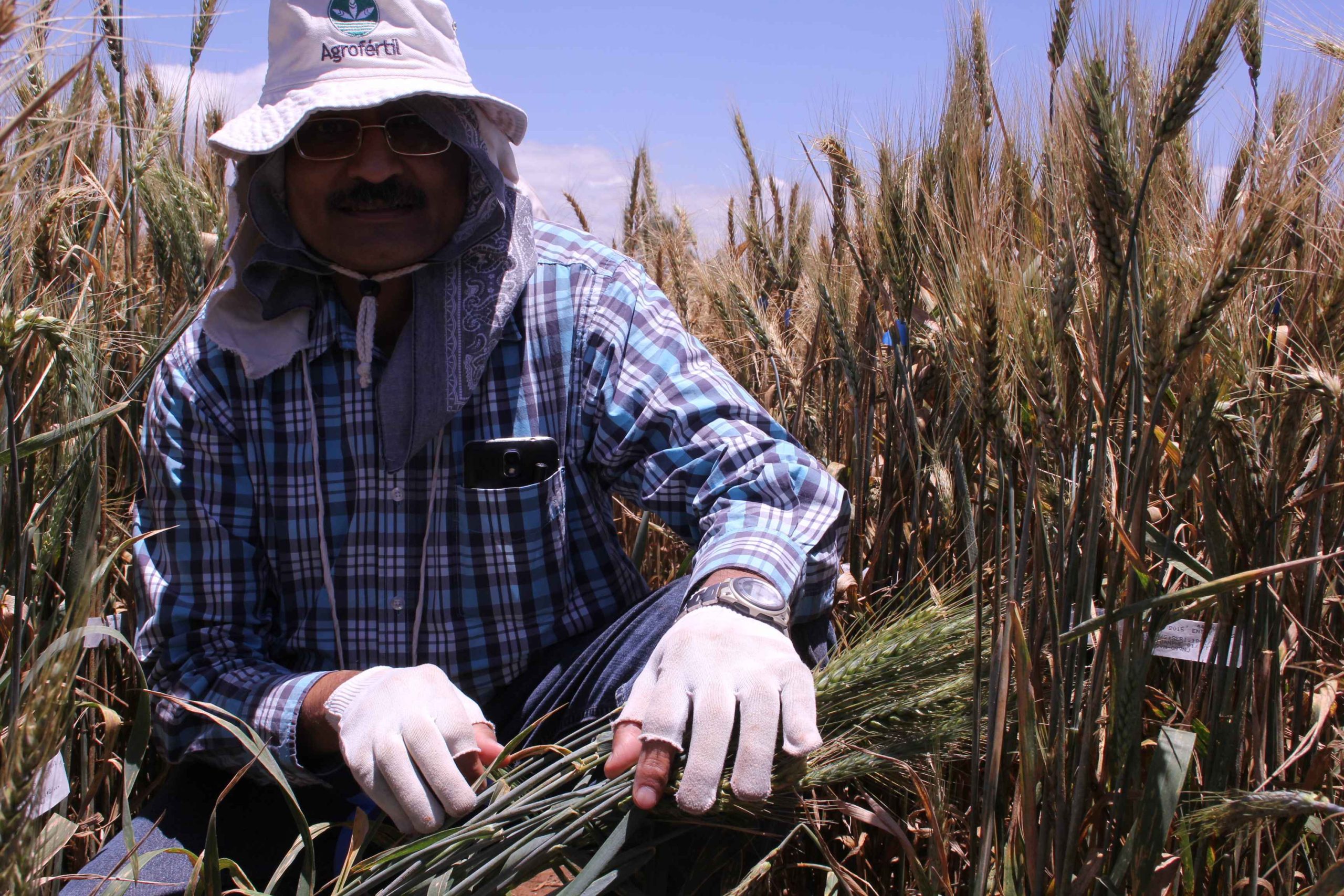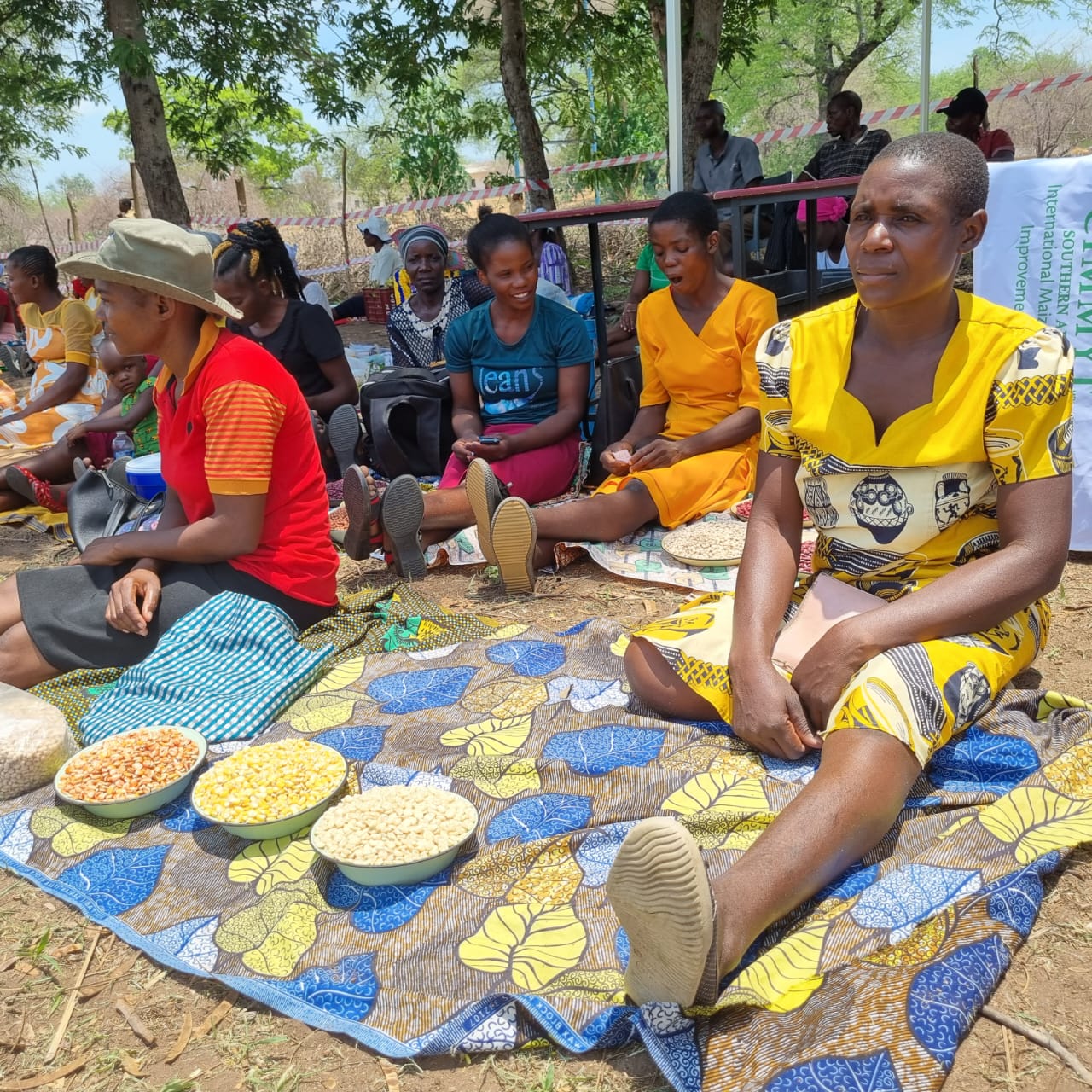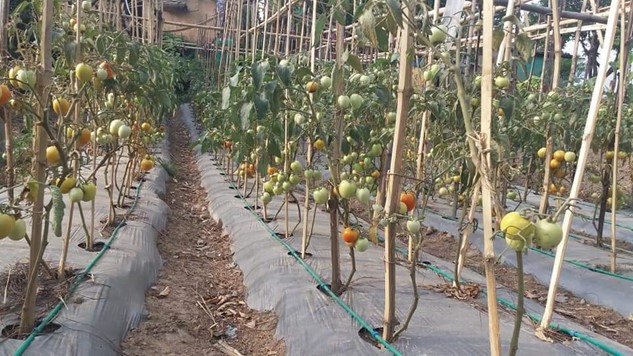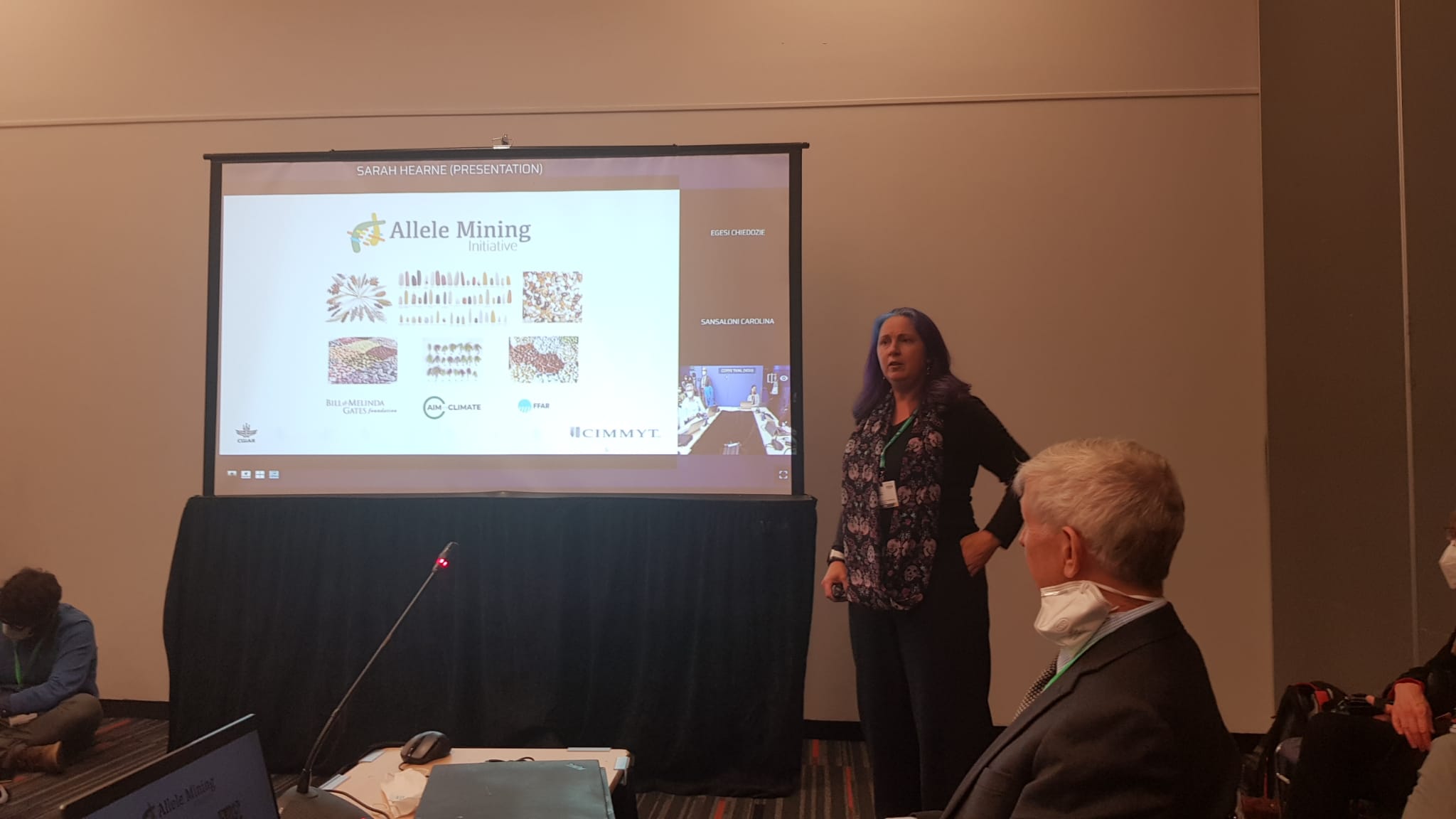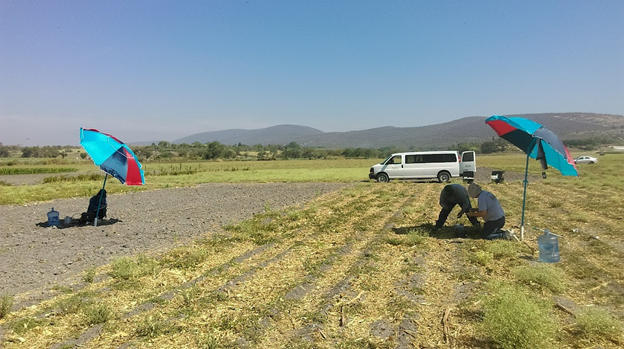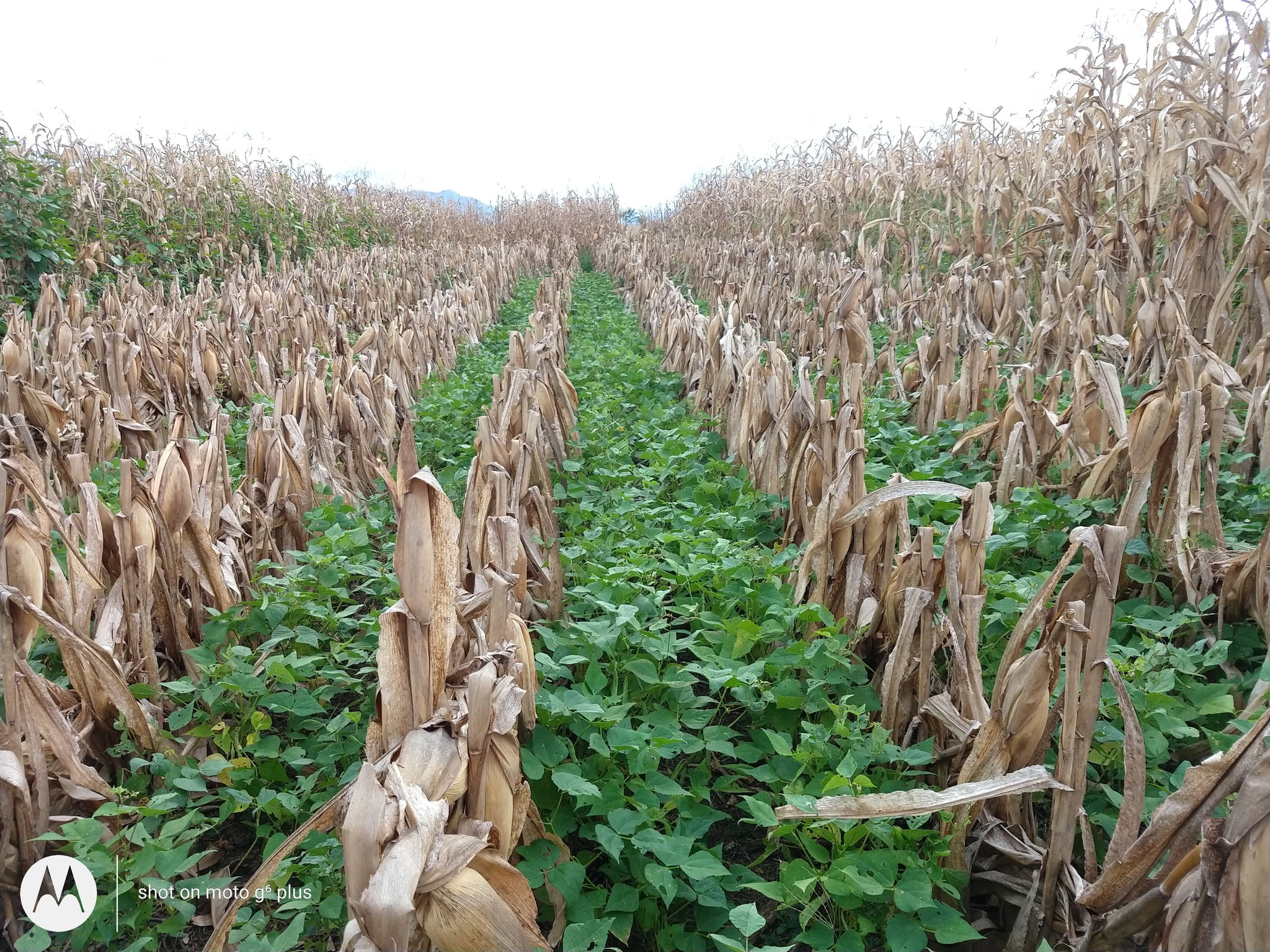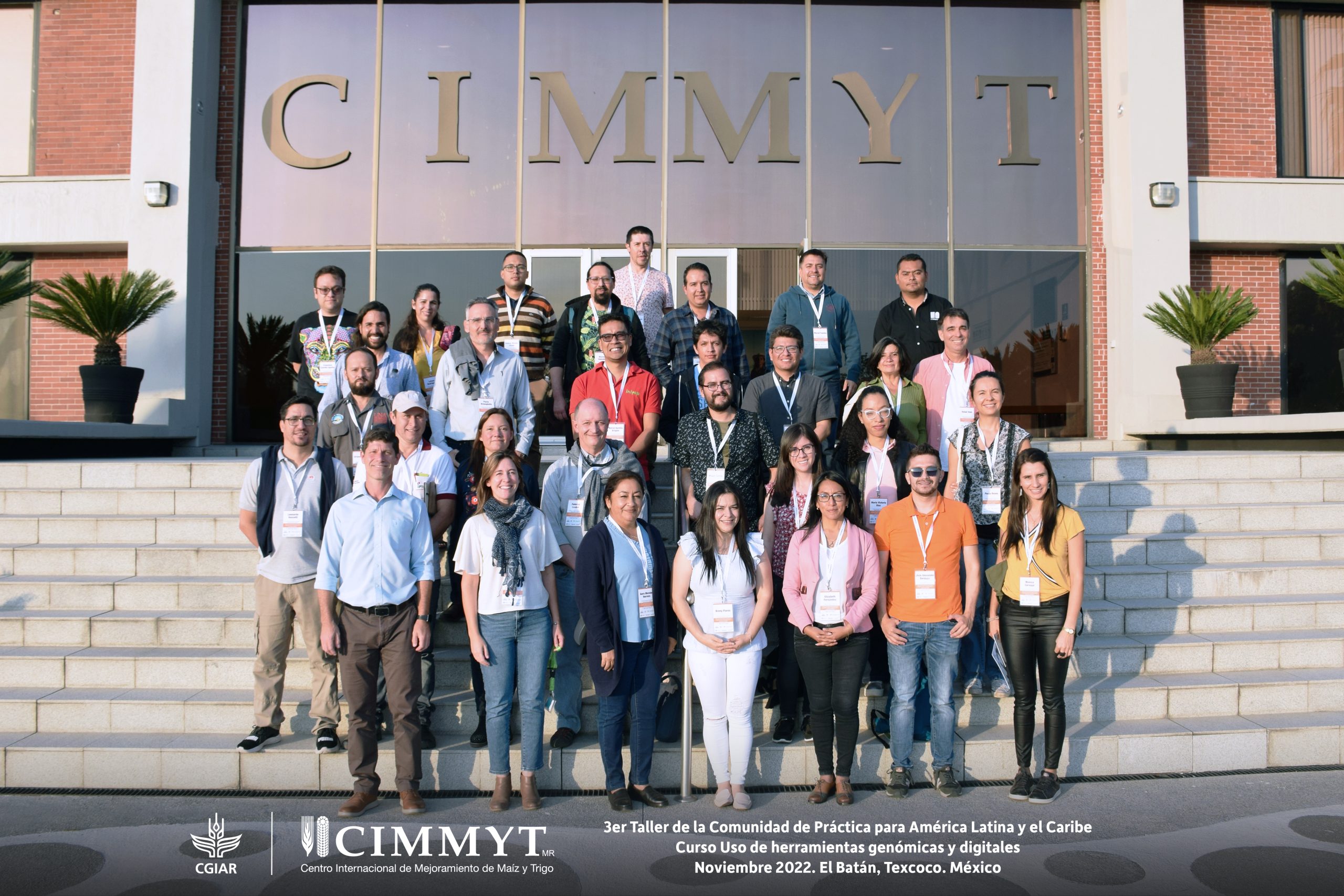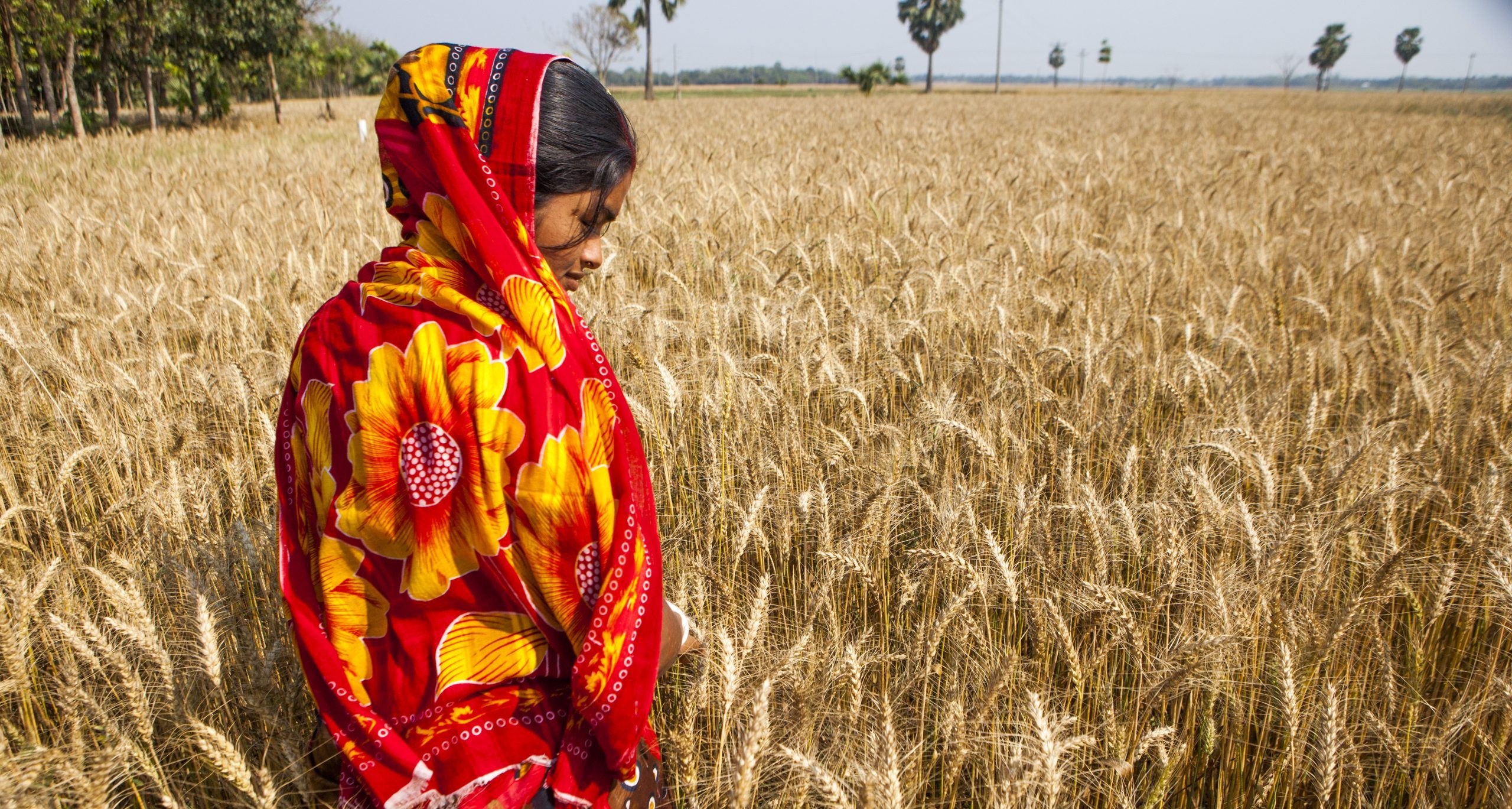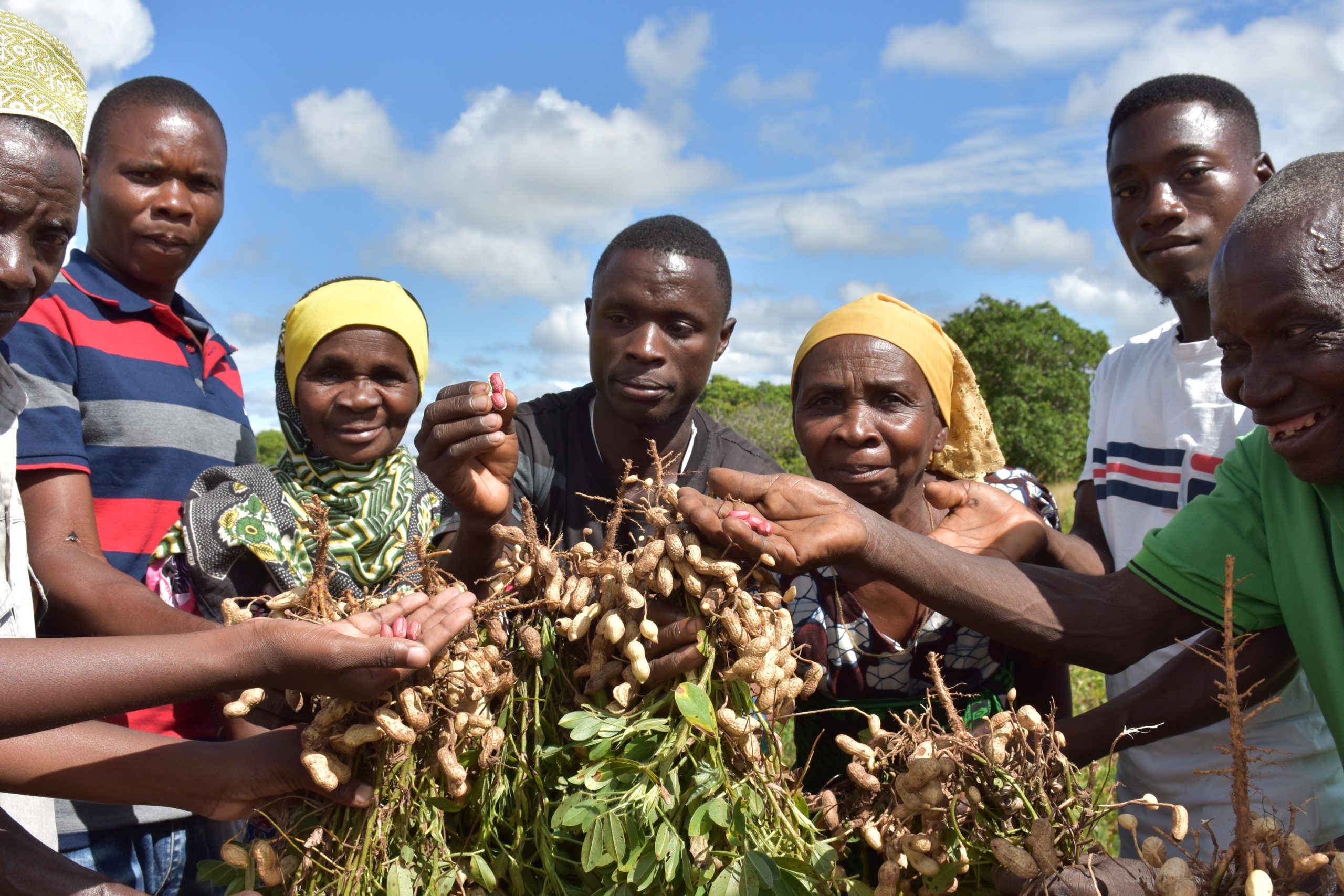Environmental health and biodiversity
The world needs better management of water, soil, nutrients, and biodiversity in crop, livestock, and fisheries systems, coupled with higher-order landscape considerations as well as circular economy and agroecological approaches.
CIMMYT and CGIAR use modern digital tools to bring together state-of-the-art Earth system observation and big data analysis to inform co-design of global solutions and national policies.
Our maize and wheat genebanks preserve the legacy of biodiversity, while breeders and researchers look at ways to reduce the environmental footprint of agriculture.
Ultimately, our work helps stay within planetary boundaries and limit water use, nutrient use, pollution, undesirable land use change, and biodiversity loss.
KALRO research station at Kiboko revamped to accelerate crop breeding
 Environmental health and biodiversity
Environmental health and biodiversity
Upgraded technology at the KALRO research station will optimize breeding and seed systems’ work so that scientists can provide better varieties to farmers.
Government of Zimbabwe recognizes CIMMYT for beneficial collaborations
 Environmental health and biodiversity
Environmental health and biodiversity
CIMMYT is working with Zimbabwe government organizations to facilitate sustainable food security initiatives.
Pravasi Bharatiya Samman winner, scientist Dr Ravi Singh is working towards food security for all
 Environmental health and biodiversity
Environmental health and biodiversity
Source: Global Indian (20 Jan 2023)
A distinguished scientist and Head of Global Wheat Improvement at the International Maize and Wheat Improvement Center (CIMMYT) in Mexico, Dr. Ravi Prakash Singh dedicated almost four decades towards increasing food production across the globe.
Farmers in Zimbabwe embrace agroecology
 Capacity development
Capacity development
In the Mbire and Murehwa districts of Zimbabwe, smallholder farmers are being introduced to agroecology interventions as part of a CGIAR Initiative.
Taking Aim Against the Dire Threat of Fall Army Worm
 Environmental health and biodiversity
Environmental health and biodiversity
Source: The Farming Forum (30 Dec 2022)
Latest progress on fall armyworm prevention and protection show signs of success for smallholders.
Improved nitrogen use can boost tomato yields
 Environmental health and biodiversity
Environmental health and biodiversity
Scientists research whether nitrogen use efficiency (NUE) and tomato production in Nepal can be improved with better utilization of nitrogen fertilizer.
The importance of germplasm in protecting nature
 Climate adaptation and mitigation
Climate adaptation and mitigation
At COP15, CIMMYT scientists highlighted the significance of DSI in conserving, exploring, and utilizing biodiversity as part of efforts to sustainably nourish the global population in a nature positive manner.
How does physical disturbance of soil impact carbon mineralization?
 Environmental health and biodiversity
Environmental health and biodiversity
A study on the physical disturbance of soil shows that it drives changes in soil properties and affects soil microbial activity.
Using ENM principles to preserve soil health
 Environmental health and biodiversity
Environmental health and biodiversity
Scientists recommend alternative methods for preventing soil degradation that can contribute towards attaining food security.
Public-private collaboration to improve fertilizer supply
 Environmental health and biodiversity
Environmental health and biodiversity
CIMMYT collaborates with the Fertilizer Association of Nepal to facilitate stakeholder dialogue and address national fertilizer shortage.
CIMMYT hosts third workshop of the Community of Practice for Latin America and the Caribbean
 Environmental health and biodiversity
Environmental health and biodiversity
Colleagues from across Latin America and the Caribbean gather to determine the best ways to preserve germplasm and make use of genetic resources.
Participatory action research identifies solutions for improved seed storage in Bangladesh
 Environmental health and biodiversity
Environmental health and biodiversity
Wheat farmers in Bangladesh have participated in the design and management of research trials to determine the best wheat seed storage options for their conditions.
Groundnut ESA crop improvement network sets regional and country level priorities
 Capacity development
Capacity development
Significant discoveries have been made for the potential improvement of production of groundnut in sub-Saharan Africa.
